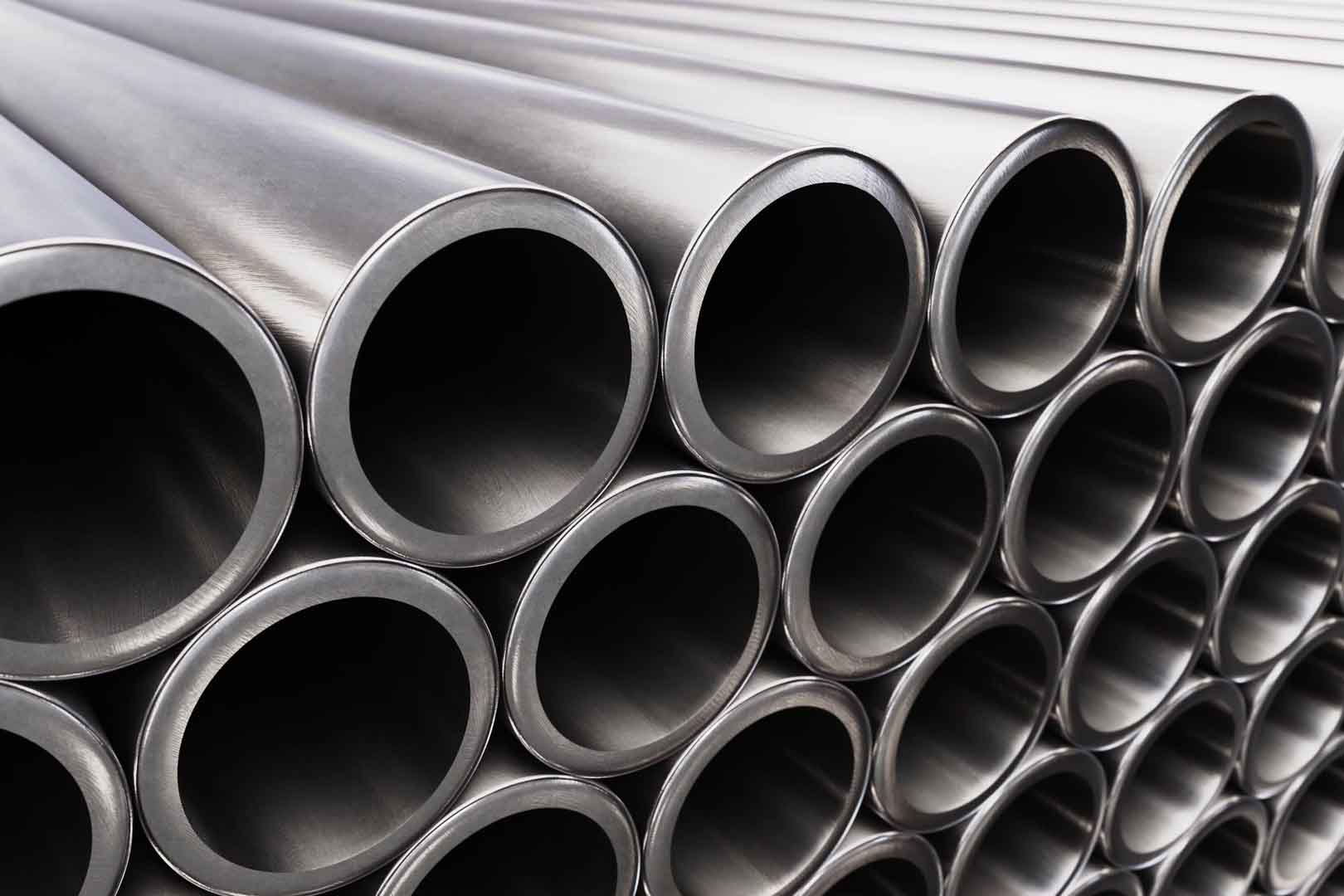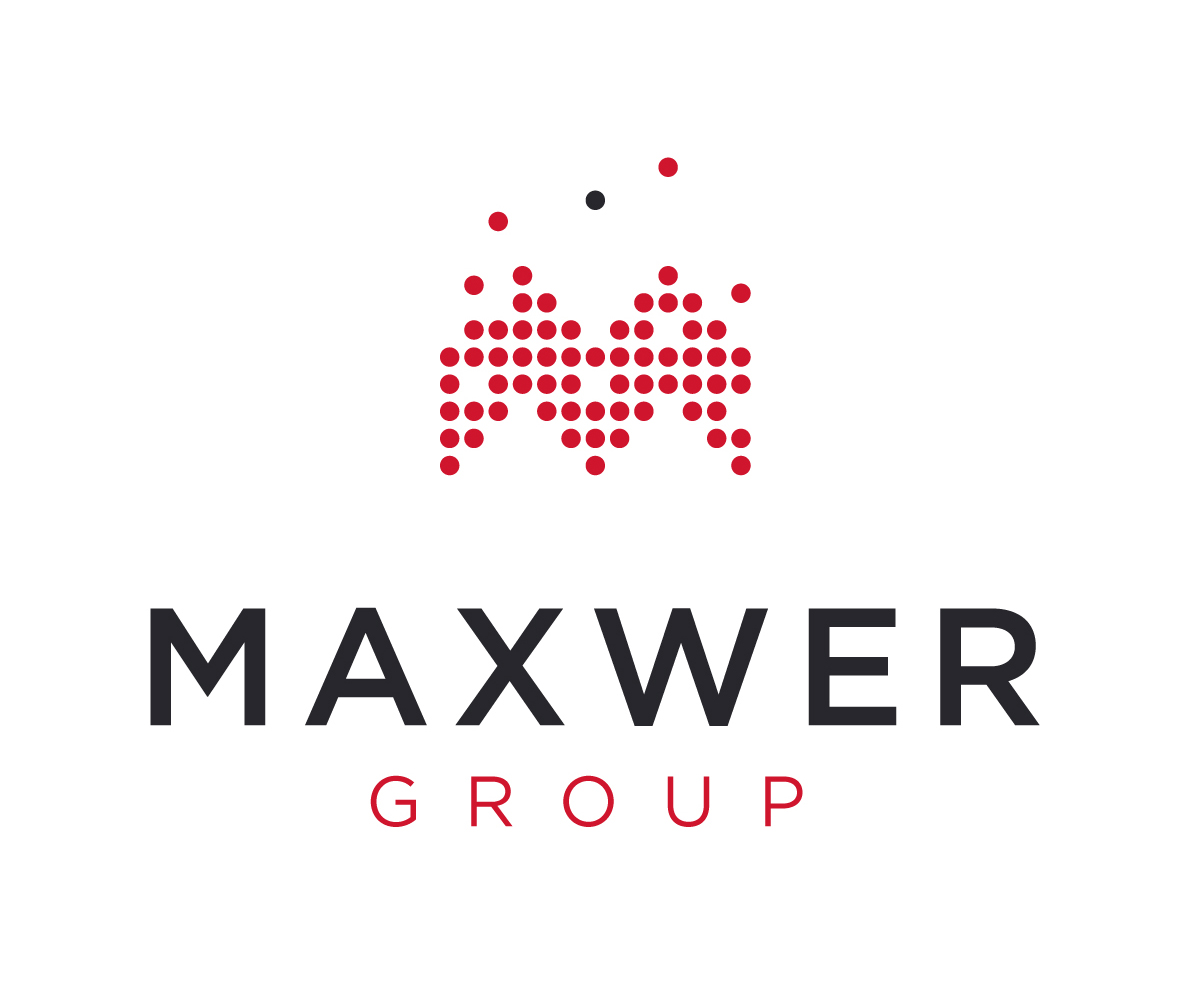The steel industry is the backbone of modern infrastructure and manufacturing. It encompasses the production, processing, distribution, and international trade of steel products that are vital for countless industries worldwide. From construction and automotive to aerospace and consumer goods, steel trade plays a pivotal role in ensuring economic growth and industrial development.
As the world shifts towards sustainable practices, the demand for green energy sources has surged. Wind turbines, solar panels, and hydropower facilities all rely on steel components to capture, convert, and transmit clean energy
The significance of the steel industry is undeniable:
- Steel is a key material in the construction of buildings, bridges, and transportation systems, making it essential for modern urbanization and transportation networks.
- The World Steel Association reports that steel production exceeded 1.8 billion metric tons in 2022, highlighting its crucial role in meeting the world’s industrial demands and showing an average growth of 3-5% annually.
- By promoting innovation and sustainable practices, the steel industry is actively working towards reducing its environmental footprint and ensuring a more resilient future.
- Steel has emerged as a key player in the renewable energy sector, serving in the production of main parts of the equipment for harnessing green energy.
- As industries continue to evolve, the demand for steel is set to grow, making it a strategic commodity for global trade and economic development.
The production of steel products is capital-intensive and requires significant investment in equipment, technology, and human resources. This makes financing an essential component of the steel industry, as it enables companies to access the resources they need to produce and supply high-quality products at scale.
Investing in the steel trade is not just an investment in an industry; it’s an investment in the future. As we look ahead, the steel trade is poised to play a substantial role in building a sustainable and resilient world economy.
- Steel pipes
- ERW Black-steel pipes
- Galvanized pipes
- Comprehensive KYC and compliance check.
- Your business is creditworthy.
- You have active end-buyers and customers (business track records for the last year can be requested).
- Your business is looking for $300k+ trade finance.
- You want to import or export stock / expand new markets.
- Your company is not included into any of sanctions lists of UN, EU, UK and/or OFAC.
- Financing products are not subject to UN, EU, UK and/or OFAC sanctions or listed on any official sanction list.
To determine product category and run a compliance check we are using The Harmonized System of classification (so-called HS codes) – a standardized numerical method of classifying traded products administrated by the World Customs Organization (WCO) and is updated every five years. It is accepted by the majority of nations around the world and used by customs authorities around the world to identify products when assessing duties and taxes and for gathering statistics.
Here are some HS code groups for metals and its products:
Chapter 72 – Iron and steel
Chapter 73 – Articles of iron or steel
Chapter 74 – Copper and articles thereof
Chapter 76 – Aluminium and articles thereof
Full information for commodity name HS code can be found here.


